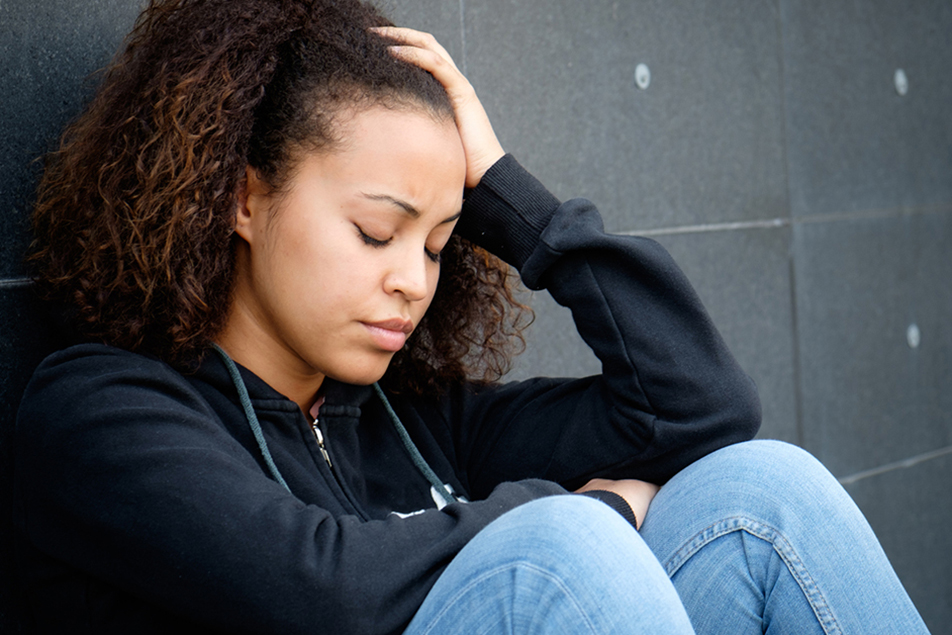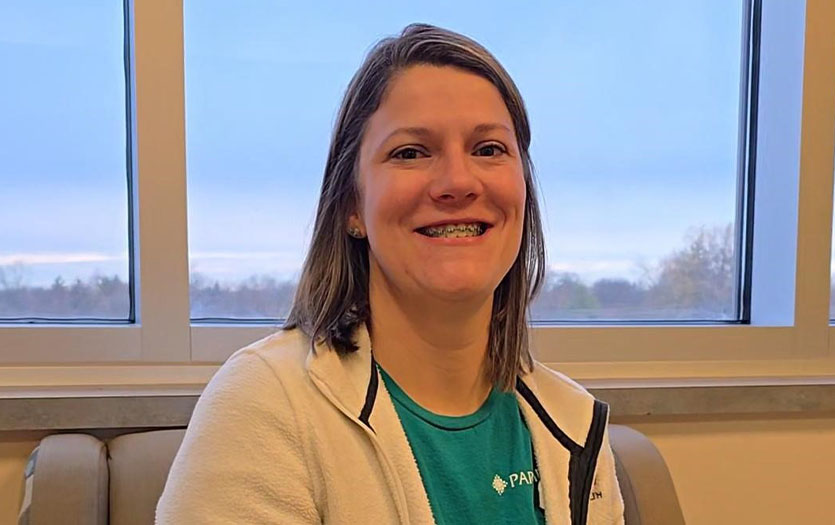We’ve talked quite a bit in recent months about the staggering suicide statistics for our state. Suicide claims the lives of 922 adults and 47 high school-age children each year. There are an estimated 47,076 attempts by high schoolers in Indiana each year, and 229,183 adults thinking about taking their lives at any given moment. But what happens in the sensitive hours, days and months following the suicide or suicide attempt of a loved one? John Drake, DO, PPG – OB/GYN, who is a speaker for Stop Suicide of NE Indiana, tells us more.
After an attempt.
Following a loved one’s suicide attempt, it’s important to empathize. This is not a time to place blame or bring moral judgement. Take them seriously and encourage them to pursue a professional evaluation. Never demean or shrug off this alarming action.
After a suicide.
It’s common after a loved one takes their life, for the survivors to encounter feelings of blame, judgment, exclusion or avoidance. They might feel a sense of responsibility or an obligation to keep the situation a secret. It’s common those going through this scenario might experience insensitivity from others. And because of all of these negative feelings, from themselves and others, they often don’t seek emotional support.
All of this means survivors are at a higher risk of dying by suicide.
Those left behind after a suicide need help, too. They should not be avoided or discounted. As a loved one of someone experiencing this great loss, don’t try to provide answers. Avoid clichés and religion to explain. Instead, offer them support in their grieving process. Suggest support groups for survivors or professional grief counseling.
If someone you know needs help with their grieving process, reach out to an organization such as wethelivingfw.org, 260-450-1702, Erin’s House for Grieving Children 260-423-2466 or Stop Suicide Northeast Indiana Coalition 800-422-6441. If you or someone you love is considering suicide, please call the Parkview Behavioral Health HelpLine at 260-471-9440 or 800-284-8439.




